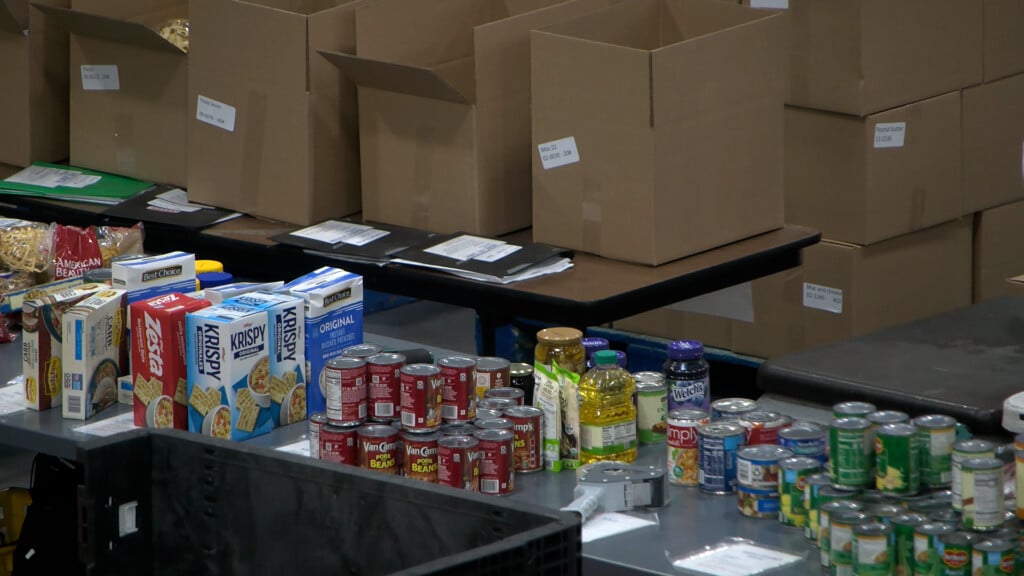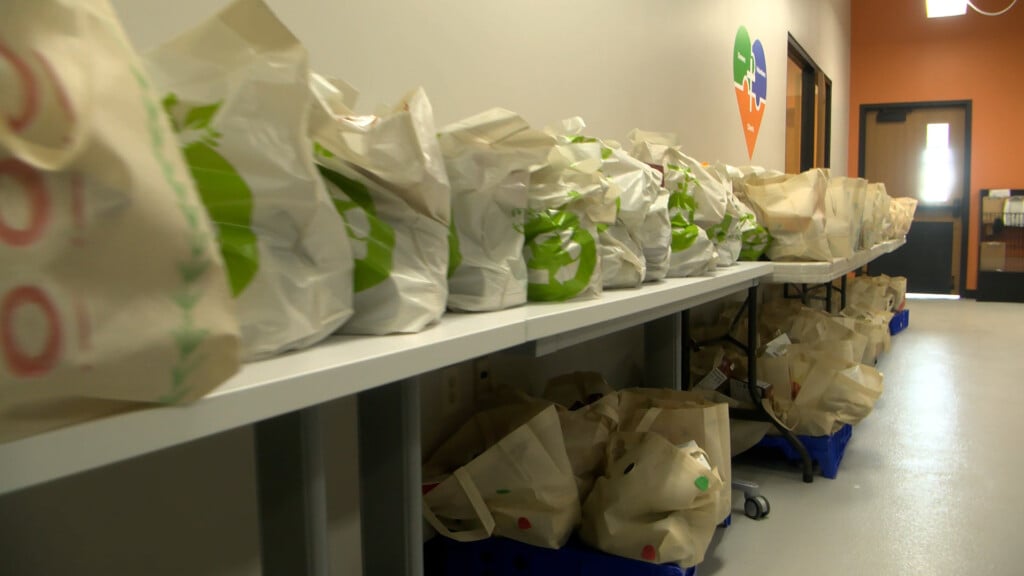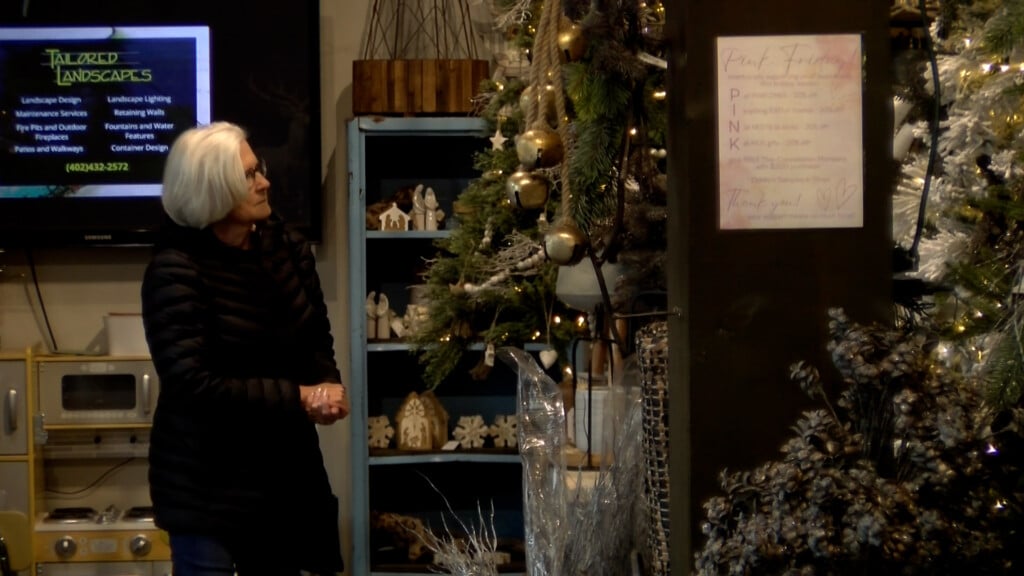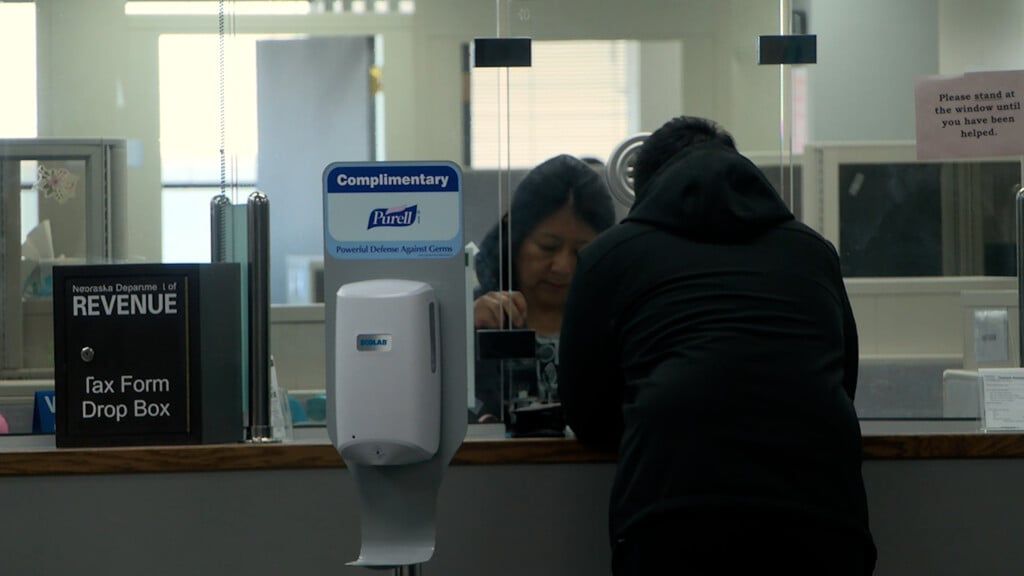‘Your Wallet’: Parking in Lincoln can cost you. Where does that money go?
LINCOLN, Neb. (KLKN) – Parking is not something many people enjoy in Lincoln, especially if you have to pay for it.
But where does all of the money from the meters and tickets go?
Park and Go manager Wayne Mixdorf said the city’s 2,500 meters can bring in upward of $2 million every year.
“All of the parking fees generated by parking – whether it’s monthly fees or hourly parking – all go towards the parking services budget,” he said.
Park and Go is a separate entity from the city, so it uses that money to do maintenance, pay their employees, and build parking garages and lots.
But money from parking tickets doesn’t go to the same place.
“Parking services does not benefit from parking citations,” Mixdorf said. “We have no incentive to write more citations than are necessary.”
SEE ALSO: ‘Your Wallet’: Stay safe while earning the most money at Lincoln garage sales
The majority of the money goes to the public school system, which many people found surprising.
“Oh, nice. I didn’t know that,” said Mike Dimon, a Lincoln resident. “I should park illegally more often.”
The only money Park and Go can keep from the citations is a small administrative fee – just enough to pay for the labor cost to write the citation.
SEE ALSO: ‘Your Wallet’: Lincoln pet owners budget for increases in vet, food costs
One of the biggest complaints Park and Go hears is that there isn’t enough parking in the Haymarket District.
“Friday and Saturday nights, we don’t even come down here anymore because there just isn’t any,” Dimon said.
But Mixdorf said it’s “a matter of perception.”
“There’s plenty of parking in the Haymarket,” he said. “It’s just not immediately adjacent to the restaurant you’re going to or the bar you want to go to that evening.”
SEE ALSO: ‘Your Wallet’: Child care in Nebraska often costs more than college tuition
Mixdorf said the Haymarket has six parking garages for a total of 4,000 spaces.
There are also 484 parking spaces on the street.
Mixdorf recognizes that events can cause problems, especially when some of those spaces are already spoken for by hotels and people who live downtown.
“We’re working toward trying to find some way of opening up some of those spaces,” he said.



